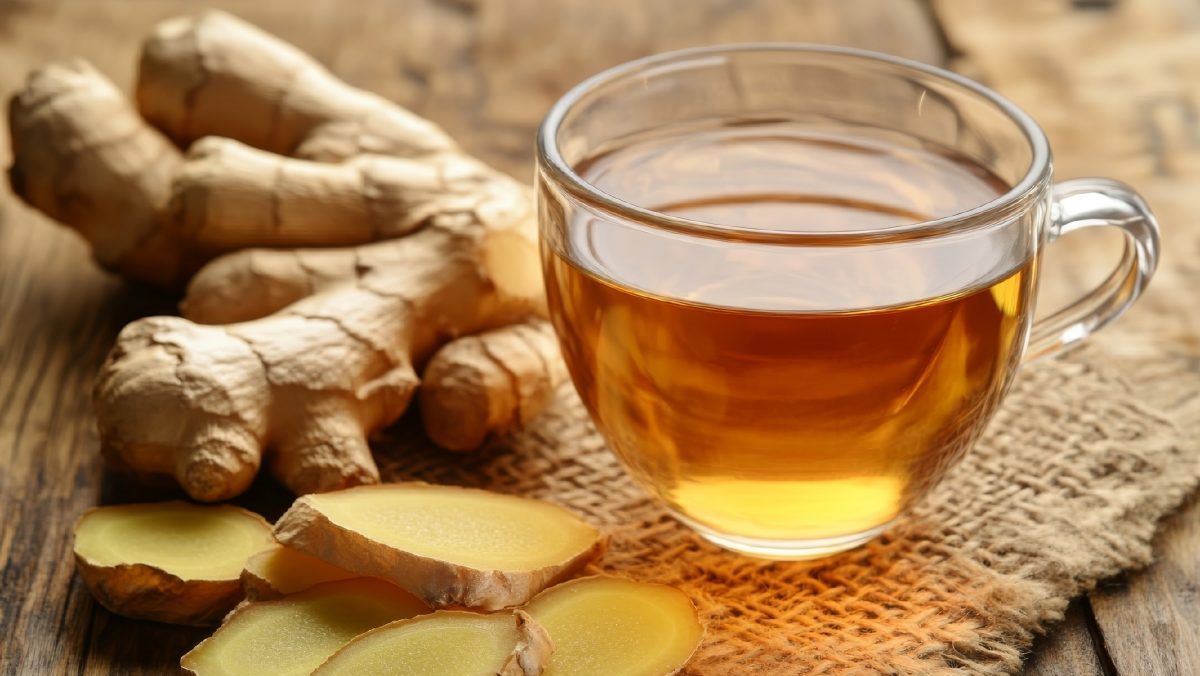The flu (influenza) is experiencing its largest outbreak since 2016. The predominant strain is type A, which causes high fevers above 100.4°F (38°C), persistent coughing, and sore throats. Experts stress the importance of maintaining good hygiene and strengthening immunity through a healthy diet. Here are six foods to help prevent the flu and alleviate its symptoms.

Ginger
Ginger combats bacteria that cause colds, pneumonia, and bronchitis. Its active component, gingerol, inhibits COX-2, an enzyme that triggers inflammation.
Brew ginger slices in hot water to make tea. This can help clear nasal congestion, warm the body during chills, and reduce mucus production.
Bellflower
Bellflower aids respiratory health by boosting mucus secretion, which protects against harmful substances and bacteria. It is particularly effective for relieving severe coughing and phlegm caused by the flu.
Mackerel
Rich in omega-3 fatty acids, mackerel reduces inflammation and supports white blood cell activity, enhancing the immune response.
Fish-based omega-3s are metabolized quickly, allowing for faster benefits. It is ideal to consume 2-4 grams of omega-3s daily; a single piece of fresh mackerel provides 0.5-1 gram.

Kiwi
Kiwi is one of the most vitamin C-rich fruits, containing over 100mg per fruit—1.4 times more than lemons, twice as much as oranges, and six times more than apples.
Eating just one kiwi fulfills the daily recommended vitamin C intake (60-70mg). Its antioxidants also combat free radicals, reducing inflammation and boosting immunity.
Banana
Bananas are packed with potassium, fiber, and vitamin B6, strengthening the immune system. Their electrolytes restore energy, making them particularly helpful when fatigue sets in during a cold or flu.
Yogurt
As an excellent protein source, yogurt supports the body’s natural defenses and relieves cold symptoms.
Vitamin D deficiency increases susceptibility to colds and flu. Consuming vitamin D-fortified yogurt can provide additional immune support.










Most Commented